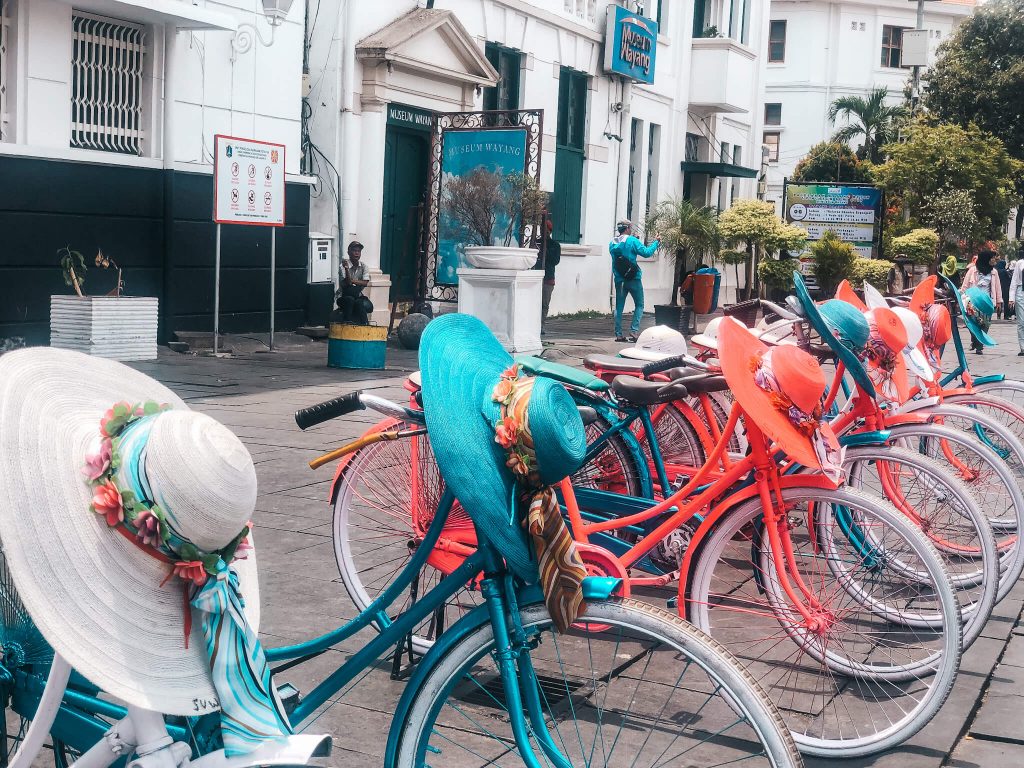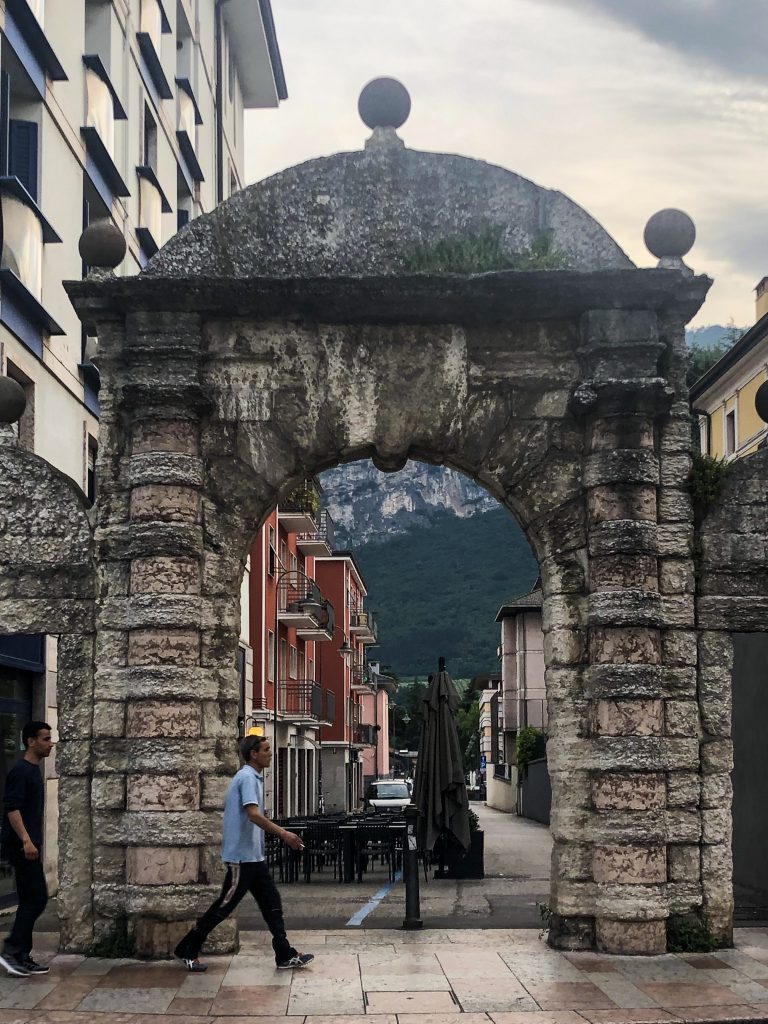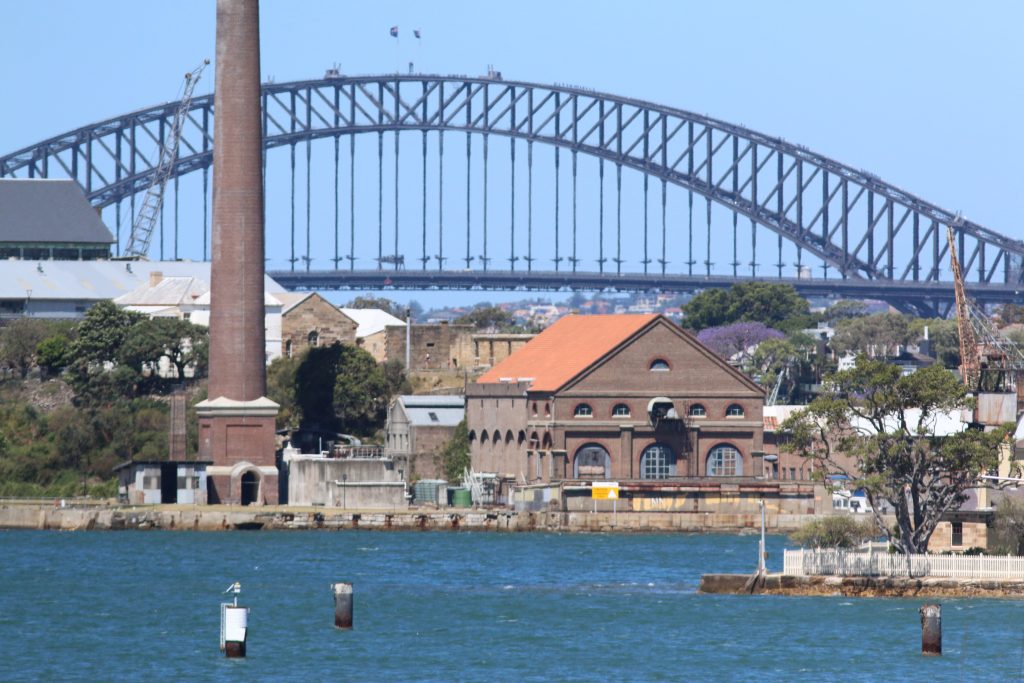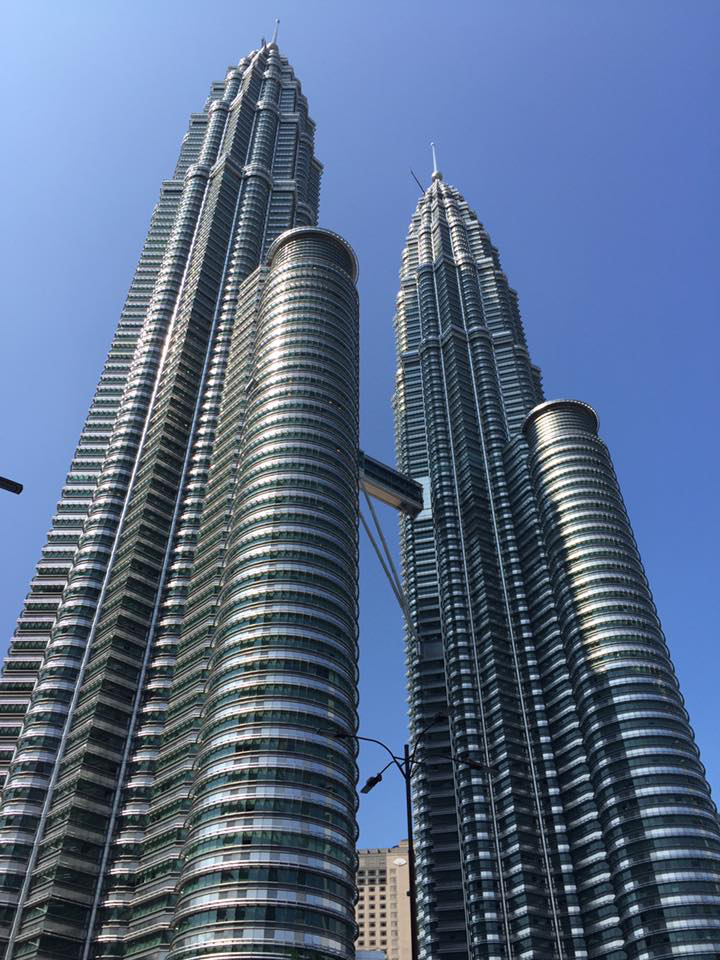
Yes, you can experience Jakarta’s highlights in one day—but let’s be honest about what that means. With 10.7 million people and traffic that rivals Bangkok’s worst, you’ll need to start early and choose your stops strategically.
After 18 years living across Asia, I’ve learnt that Jakarta rewards those who embrace its chaos rather than fight it. This itinerary focuses on Old Batavia’s historical heart, where most attractions sit within walking distance once you’ve navigated the morning traffic.
Running this blog takes a lot of coffee (and countless hours exploring every destination!). If you found this helpful and want to support more honest, detailed travel guides and itineraries, you can buy me a coffee. No pressure though – I’m just happy you’re here and hope you have an incredible adventure! ????

Table of Contents
Getting Around Jakarta
Book a private driver for the day through GetYourGuide—it’s genuinely worth it here. Jakarta’s traffic is unpredictable, and having someone who knows the back routes makes the difference between seeing three sites or eight. Public transport exists, but on a one-day visit, you’ll spend more time figuring out routes than exploring.
Consider grabbing an Airalo eSIM before arrival so you can communicate with drivers and access maps without hunting for WiFi.
Where to Stay for Easy Access
The Westin Jakarta puts you in Kuningan, the business district that’s well-positioned for reaching Old Batavia without crossing the entire city. The rooftop bar, The Hestion, serves Peruvian-Japanese fusion—book dinner here for your first night.
The rooms include breakfast, which matters when you need to leave by 7 am to beat traffic. I’ve stayed here twice, and whilst it’s not boutique charming, it’s reliably comfortable with staff who understand international travellers.

Your One-Day Jakarta Itinerary
Morning: Old Batavia’s Historical Heart
Fatahillah Square (7:30 am – 10:30 am)
Start at Fatahillah Square before the heat becomes oppressive. This is old Dutch Batavia—colonial buildings surrounding a cobblestone plaza that feels transported from 1700s Amsterdam, if Amsterdam were in the tropics.
The Jakarta History Museum opens at 9 am, but the square itself is worth exploring first. Street performers arrive early, and you’ll get photos without crowds. The Wayang Museum and Fine Arts Museum are here too, though I’d skip them unless you’re particularly interested—your time is limited.
Walk the surrounding streets where colonial architecture still stands, slowly being restored. It’s atmospheric in the early morning light.

Sunda Kelapa Port (11:00 am)
A 10-minute drive from Fatahillah Square brings you to Sunda Kelapa Port, where traditional pinisi schooners have been loading cargo since the 13th century. These two-masted wooden ships still work today, which makes this more than a tourist attraction.
The port is most active around 6 am, but even mid-morning you’ll see the scale of operations. It’s dusty and chaotic—wear closed shoes and bring water.

Lunch: Batavia Cafe
Batavia Cafe sits right on Fatahillah Square, making it convenient even if it’s admittedly touristy. The building dates to 1805, and yes, it trades heavily on colonial nostalgia, but the Indonesian menu is solid and you need to eat somewhere.
I recommend the nasi goreng or gado-gado. Avoid the Western options—they’re overpriced and mediocre.

Afternoon: Religious Landmarks & Markets
Istiqlal Mosque & Jakarta Cathedral (1:30 pm – 3:00 pm)
These two buildings face each other across the street—Southeast Asia’s largest mosque opposite a neo-gothic Catholic cathedral. It’s a powerful symbol of Indonesia’s religious diversity.
Istiqlal Mosque is free to enter outside prayer times. Women need to wear the provided robes, and everyone removes shoes. The interior is surprisingly modern, designed by a Christian architect from North Sumatra. If you’re visiting during prayer times, be respectful and wait.
The cathedral across the road is smaller but architecturally striking. Built in 1901 after the previous church collapsed, it’s named Gereja Santa Maria Pelindung Diangkat Ke Surga (Church of Our Lady of the Assumption).


Jalan Surabaya Antique Market (3:30 pm – 4:30 pm)
This open-air market runs along one street, packed with everything from Dutch colonial furniture to old gramophones and wayang puppets. Most items are overpriced tourist goods, but occasionally you’ll find genuine antiques.
Bargaining is expected. Start at 40% of the asking price and negotiate from there. Even if you don’t buy, it’s interesting to see how 146 years of Dutch colonialism left its mark on Jakarta’s antique trade.

Evening: National Monument or Chinatown
You’ll need to choose one—traffic won’t allow both.
National Monument (Monas)
The 123-metre tower symbolising Indonesian independence is impressive, particularly when lit up after dark. You can take a lift to the observation deck for panoramic views, though the surrounding Merdeka Square is just as worthwhile.
The park offers rare green space in central Jakarta. Locals gather here in the evenings, and it’s pleasant to walk around as the heat breaks.

Glodok (Chinatown)
Jakarta’s Chinatown is Indonesia’s largest, established during Dutch colonial times. It’s grittier than Old Batavia—crowded markets selling everything, food stalls serving excellent Chinese-Indonesian fusion, and temples tucked between shopfronts.
If you’re comfortable with chaotic markets and want authentic street food, choose Glodok over Monas. If you prefer structure and iconic landmarks, do Monas instead.

Dinner: The Hestion Rooftop
End your day back at The Hestion, the rooftop bar and restaurant at the Westin. The Peruvian-Japanese fusion menu is genuinely good, and pisco cocktails pair well with Jakarta’s skyline views.
Smart casual dress code, and bookings are essential. I’ve shown up without a reservation twice and been turned away both times, even on weekdays.

Practical Information
Getting There
Most international visitors fly into Soekarno-Hatta International Airport. The airport train to Sudirman Baru station takes 55 minutes and costs around 70,000 IDR. From there, grab a taxi or book a private airport transfer through your hotel.
Visa Requirements
Check current visa requirements through iVisa—Indonesia’s visa policies change, and this saves you queuing at immigration. Many nationalities can get visa-on-arrival, but verifying before you fly prevents surprises.
Travel Insurance
I use SafetyWing for all my Asia travel. It covers medical emergencies, trip disruptions, and is specifically designed for people who travel frequently. Jakarta’s traffic alone makes insurance worthwhile—accidents happen.
Money & Payment
Credit cards work in hotels and upscale restaurants, but bring cash for markets, taxis, and entrance fees. ATMs are everywhere in central Jakarta.
What to Pack
Light, breathable clothing that covers shoulders and knees (for mosque visits). Comfortable walking shoes—you’ll cover several kilometres despite having a driver. Sunscreen, a hat, and a refillable water bottle are essential.
Download offline maps before you arrive. Data is cheap with an eSIM, but having offline backup helps when your signal drops in older buildings.
Check out my South East Asia Packing Guide for quick and easy packing.
Tours Worth Considering
If this itinerary feels overwhelming, book a private Old Batavia tour through GetYourGuide. I’ve done both independent exploration and guided tours in Jakarta, and the guided version wins for efficiency.
A good guide knows which back alleys to explore, handles all the logistics, and provides historical context you’d miss otherwise. It costs more, but on a one-day visit, your time is valuable.

Is One Day Enough for Jakarta?
Honestly? One day gives you highlights, not depth. Jakarta isn’t a city you “do” quickly—it’s complicated, contradictory, and rewards slower exploration.
But if one day is what you have, this itinerary works. You’ll see historical landmarks, taste Indonesian food, and get a sense of how Dutch colonialism shaped modern Indonesia. You’ll also experience Jakarta’s famous traffic and chaotic energy.
Two or three days would be better, particularly if you want to explore emerging neighbourhoods like Menteng or visit museums properly. But one day is enough to decide if you want to return.
Frequently Asked Questions
Final Thoughts
Jakarta doesn’t make it easy to love it quickly. It’s congested, polluted, and overwhelming, particularly if you’re comparing it to Bali or Singapore. But beneath the chaos sits genuine history and culture—you just need to look harder for it.
This one-day itinerary focuses on what’s achievable rather than what’s aspirational. You won’t see everything, and you’ll end the day exhausted, but you’ll understand why Jakarta matters in Southeast Asian history.
If you’re planning wider Indonesian travels, Jakarta serves as useful context for understanding the country’s colonial past and multicultural present. Just don’t expect it to be the highlight of your trip—Jakarta is more educational than beautiful.
Follow along on Instagram where I share real-time travel updates, behind-the-scenes moments from tours, and daily life in Singapore.
Join the Truly Expat Facebook community—a supportive space for women travellers to ask questions, share tips, and connect before trips.
Affiliate Disclosure: This post contains affiliate links. If you book through them, I may earn a small commission at no extra cost to you—this helps me keep creating free, detailed travel guides. I only recommend services and products I genuinely use and trust after years of travel across Asia. Read my full affiliate disclosure.
Pin it for later.





